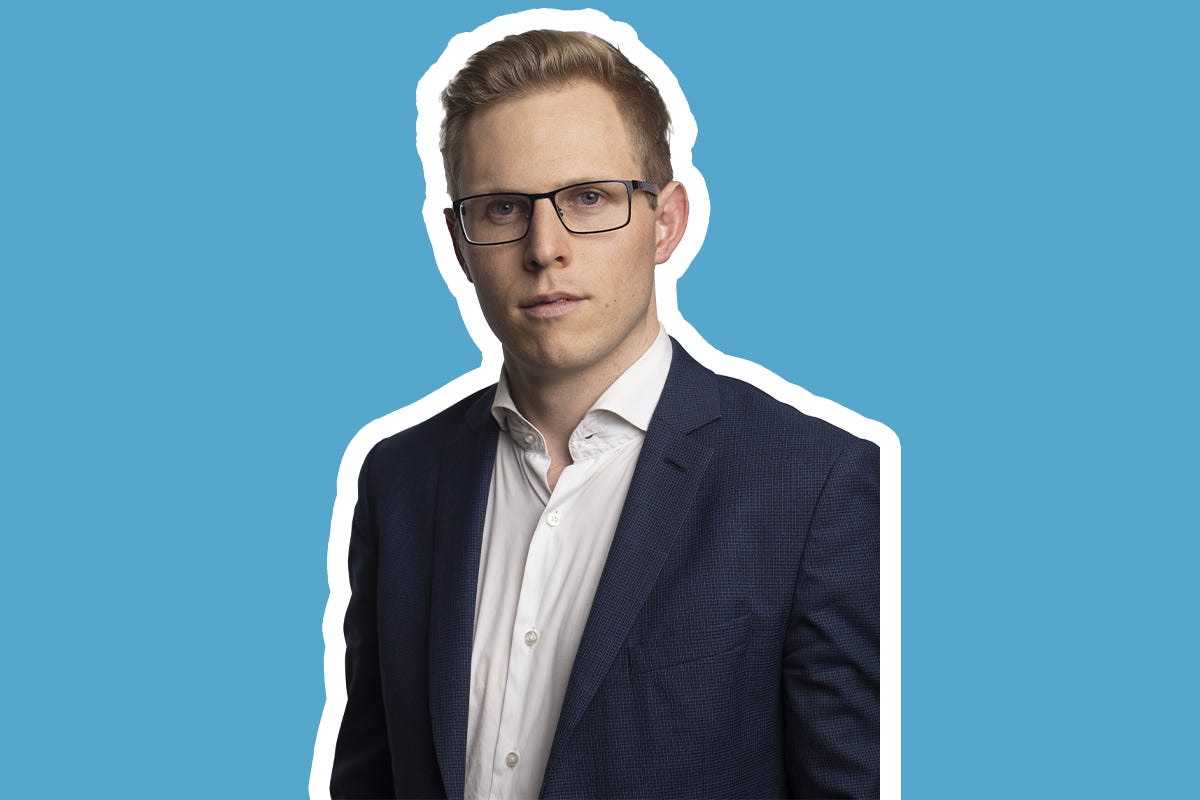Progress But a Long Way from Parity
Who should be covering women's sport as the public appetite for it continues to grow?
News & Reviews Magazine
This article is part of our August edition. Read the editor’s letter to see what other fantastic writing has just been published. If you’re annoyed that it’s paywalled, then that means you wanted to read it, which means you value it. These writers get paid for what they do because their work is valuable. If you like that this type of independent media exists, please back it!
The piece you’re reading now is by Kieran Pender. Kieran has written for The Guardian, The Saturday Paper and The Monthly. He won a Sport Australia Sports Media Award in 2020 (with Mike Bowers) and was a finalist in the 2021 Walkey Foundation Young Australian Journalist of the Year Awards. Kieran is also a senior lawyer in the Democratic Freedoms team at the Human Rights Law Centre. He works to protect Australia's whistleblowers, fight secrecy, defend free speech and prevent mass surveillance. Kieran is passionate about diversity, inclusion and equality. While at the International Bar Association, he authored the Us Too? report on bullying and sexual harassment within the law.
I have been writing about sport for more than a decade. In that time, I’ve been immensely fortunate to cover the Olympics, the Men’s World Cup, the Women’s World Cup, cycling world championships and the Men’s Tour de France. But as a cisgender man passionate about gender equality, it was always painfully obvious at these major events that the global sports media was overwhelmingly male. Over the years almost all of my editors have been men, as have the vast majority of my colleagues.
That’s why one of the most personally-memorable moments of the Women’s World Cup to date occurred not at a big stadium packed with a record-breaking crowd, but in a small, nondescript room in suburban Brisbane. After the Australian women’s team, the Matildas, finished a training session a couple of weeks ago at their home base, one of the players was beckoned over for media commitments. I was there because I’m covering the tournament for The Guardian and a group of us were preparing for a written media huddle. Amid the rush of such an all-consuming event—the first-ever FIFA World Cup held in Australia and New Zealand—I took a moment to glance around. Of the eight or nine journalists circled around one of the Matildas, a majority were women.
Keep reading with a 7-day free trial
Subscribe to News & Reviews by Bri Lee to keep reading this post and get 7 days of free access to the full post archives.








